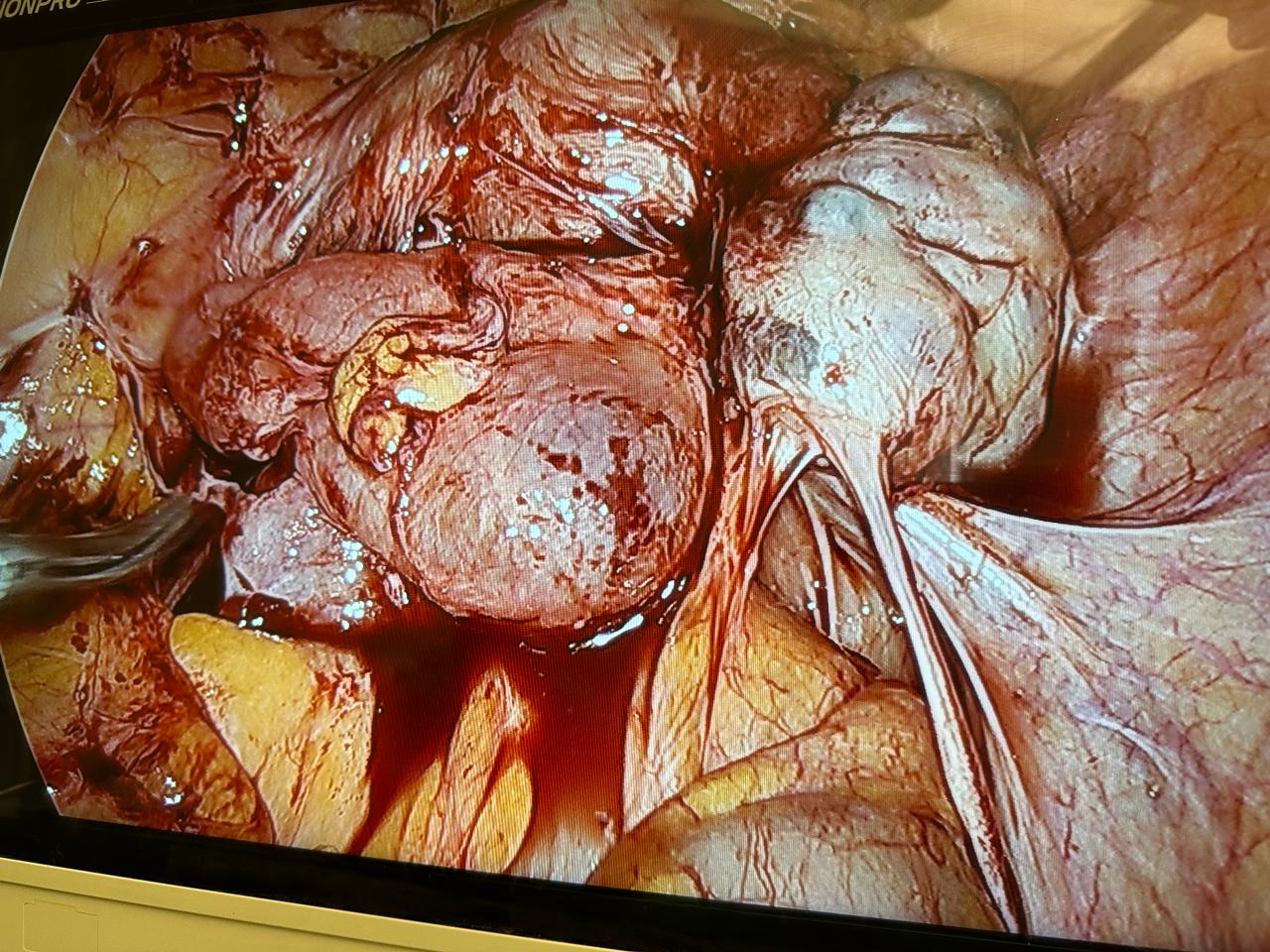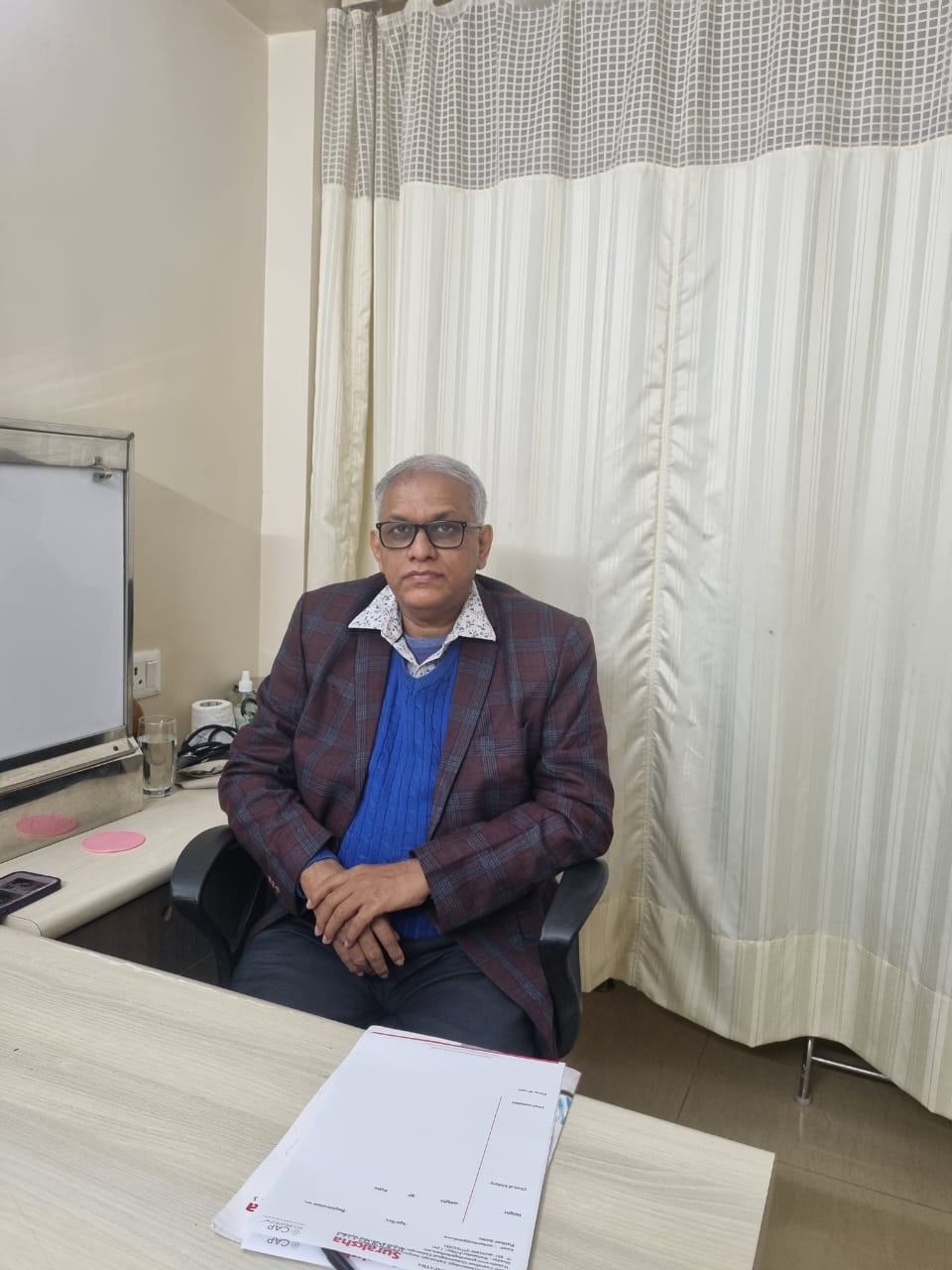Endometriosis is a challenging condition affecting millions of women worldwide. Among its various classifications, grade 4 endometriosis represents the most severe stage, characterized by extensive tissue adhesions, scarring, and potentially debilitating symptoms. Understanding this advanced stage of endometriosis is crucial for those diagnosed and their loved ones, as it impacts treatment decisions, fertility, and overall quality of life.
Understanding Grade 4 Endometriosis
Grade 4 endometriosis indicates the most severe form of the disease. It involves deep infiltration of endometrial tissue beyond the pelvic cavity, often affecting multiple organs such as the bladder, bowels, and even the diaphragm. The extent of scarring and adhesions can lead to excruciating pain, infertility, and other complications. Symptoms may include severe pelvic pain, painful intercourse, bowel and bladder issues, fatigue, and infertility.

Diagnosis and Challenges
Diagnosing grade 4 endometriosis can be challenging due to its complexity and the overlap of symptoms with other conditions. It often requires a combination of medical history evaluation, pelvic exams, imaging studies like ultrasound or MRI, and sometimes surgical exploration through laparoscopy. Delayed diagnosis is common, leading to prolonged suffering and worsening of symptoms.
Impact on Fertility
Grade 4 endometriosis significantly affects fertility. The extensive scarring and adhesions can distort pelvic anatomy, impairing the function of reproductive organs and obstructing the fallopian tubes. Additionally, inflammation associated with endometriosis may negatively impact egg quality, implantation, and overall reproductive function. While pregnancy can be challenging, it is not impossible, and various assisted reproductive technologies (ART) such as in vitro fertilization (IVF) offer hope for conception.
Treatment Approaches
Managing grade 4 endometriosis requires a comprehensive and multidisciplinary approach. Treatment goals focus on alleviating symptoms, preserving fertility when desired, and improving quality of life. Options may include:
- Medications: Hormonal therapies such as birth control pills, GnRH agonists, or progestins can help manage symptoms by suppressing menstrual cycles and reducing estrogen levels.
- Surgery: Laparoscopic surgery remains the gold standard for treating severe endometriosis. Skilled surgeons can excise endometrial lesions, remove scar tissue, and restore pelvic anatomy. In cases of extensive disease involving other organs, a multidisciplinary surgical team may be necessary.
- Assisted Reproductive Technologies (ART): For those struggling with infertility due to endometriosis, ART procedures like IVF offer hope by bypassing pelvic abnormalities and facilitating conception through controlled ovarian stimulation and embryo transfer.
- Pain Management: Chronic pain associated with grade 4 endometriosis often requires a multimodal approach involving medications, physical therapy, acupuncture, and psychological support to improve coping mechanisms and quality of life.
Coping Strategies and Support
Living with grade 4 endometriosis can be physically and emotionally challenging. It’s essential to prioritize self-care, maintain open communication with healthcare providers, seek support from loved ones and patient advocacy groups, and explore complementary therapies to manage symptoms and improve well-being.
Conclusion: Hope and Resilience
While grade 4 endometriosis presents significant challenges, it’s essential to remember that there is hope. With advances in medical technology, comprehensive treatment approaches, and ongoing research efforts, individuals diagnosed with severe endometriosis can find relief, regain fertility, and lead fulfilling lives. By raising awareness, advocating for improved healthcare access, and supporting research initiatives, we can continue to empower those affected by this complex condition to navigate their journey with resilience and hope.
In conclusion, navigating grade 4 endometriosis requires understanding its complexities, accessing comprehensive care, and embracing a holistic approach to treatment and support. With perseverance, compassion, and a collaborative effort between patients, healthcare providers, and the broader community, we can work towards improving outcomes and quality of life for individuals living with severe endometriosis.
Grade 4 endometriosis can be debilitating, affecting fertility and quality of life. Laparoscopic surgery offers hope. With minimal incisions and advanced technology, it allows surgeons to meticulously remove endometrial tissue. This minimally invasive approach reduces pain, scarring, and recovery time compared to traditional surgery. Patients experience quicker return to daily activities and improved outcomes. Dr. Sankar Dasmahapatra, a pioneer in laparoscopic techniques, has transformed countless lives with his expertise and dedication to treating endometriosis effectively.

